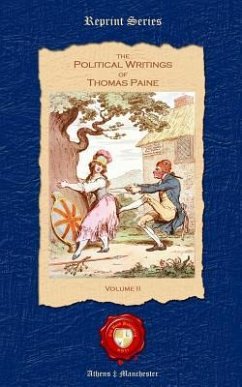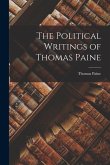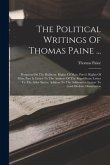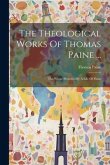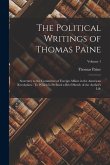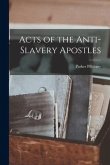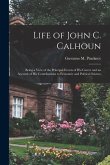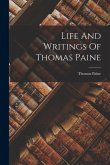An expression in the British parliament respecting the American war, alluding to Julius Caesar having passed the Rubicon, has on several occasions introduced that river as the figurative river of war. Fortunately for England, she is yet on the peaceable side of the Rubicon; but as the flames once kindled are not always easily extinguished, the hopes of peace are not so clear as before the late mysterious dispute began. But while the calm lasts, it may answer a very good purpose to take a view of the prospects, consistent with the maxim, that he that goeth to war should first sit down and count the cost. The nation has a young and ambitious minister at its head, fond of himself, and deficient in experience: and instances have often shown that judgment is a different thing from genius, and that the affairs of a nation are but unsafely trusted where the benefit of experience is wanting. Illustrations have been drawn from the circumstances of the war before last, to decorate the character of the present minister, and, perhaps, they may have been greatly over-drawn; for the management must have been bad to have done less than what was then done, when we impartially consider the means, the force, and the quantity of money employed. It was then Great Britain and America against France singly, for Spain did not join till near the close of the war. The great number of troops which the American colonies then raised, and paid themselves, were sufficient to turn the scale; if all other parts had been equal. France had not at that time attended to naval affairs so much as she has done since; and the capture of French sailors before any declaration of war was made; which, however it may be justified upon policy, will always be ranked among the clandestine arts of war, assured a certain, but unfair advantage against her, because it was like a man administering a disabling dose over night to the person whom he intends to challenge in the morning.
Hinweis: Dieser Artikel kann nur an eine deutsche Lieferadresse ausgeliefert werden.
Hinweis: Dieser Artikel kann nur an eine deutsche Lieferadresse ausgeliefert werden.

